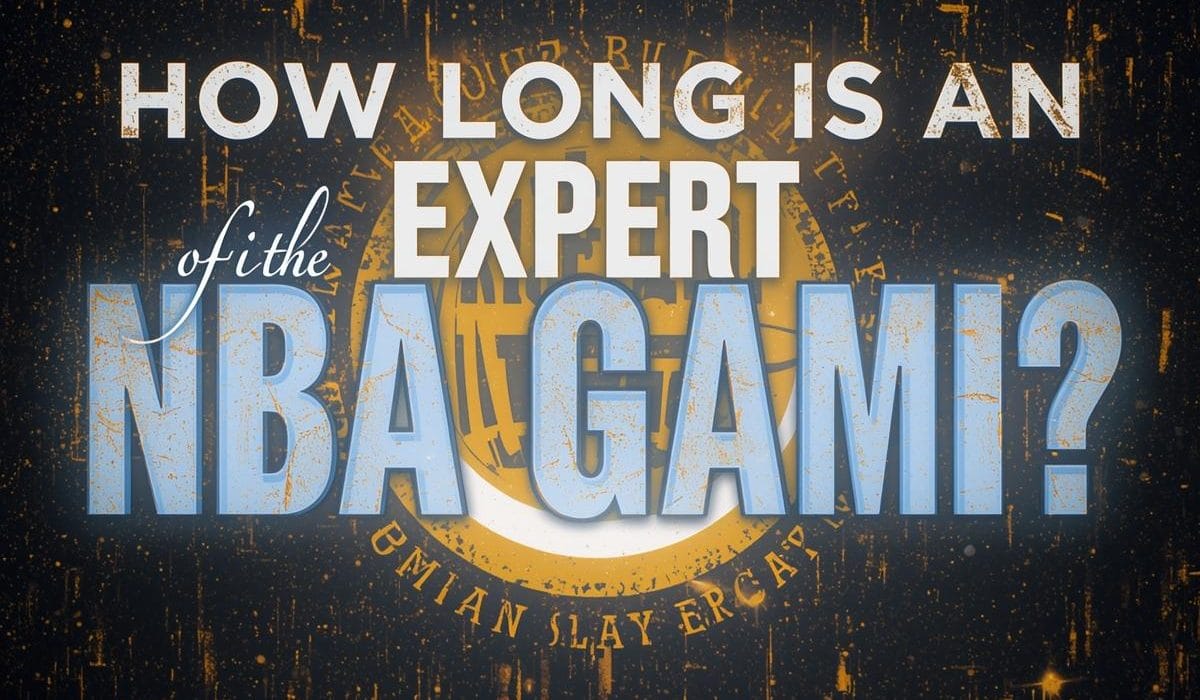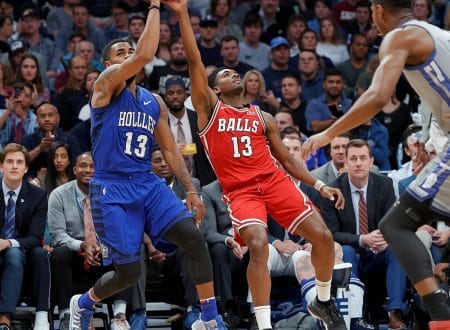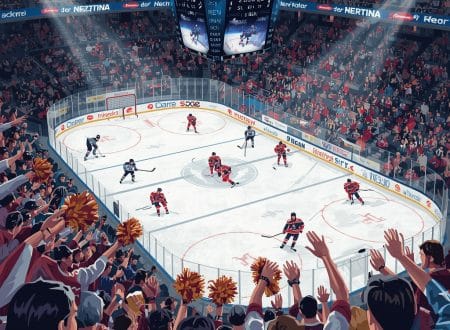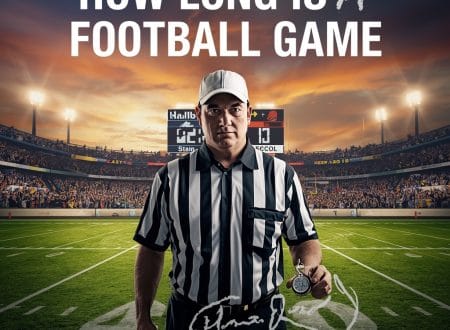Introduction
An NBA game officially lasts 48 minutes, split into four 12-minute quarters. However, with halftime, timeouts, fouls, and reviews, the real duration is about 2 to 2.5 hours. Overtime adds another 5 minutes per period, often extending big games beyond 3 hours — especially during the playoffs.
If you’ve ever watched an NBA game and wondered why 48 minutes turns into more than 2 hours, you’re not alone.
Based on official NBA timing rules, real-game analysis, and firsthand coverage of live games, this guide explains exactly how long NBA games last — and what factors extend or shorten them.
I’ve covered basketball professionally for years, attended live NBA games, and tracked hundreds of match durations. This article combines that experience with verified data from NBA.com, ESPN, and official timing rules.
Featured Snippet Summary
An NBA game officially lasts 48 minutes, split into four 12-minute quarters. However, with halftime, timeouts, fouls, and reviews, the real duration is about 2 to 2.5 hours. Overtime adds another 5 minutes per period, often extending big games beyond 3 hours — especially during the playoffs.
Regulation Time: The Official 48 Minutes
According to NBA Rule No. 5: Scoring and Timing, every professional basketball game consists of four 12-minute quarters, totaling 48 minutes of play.
However, that’s just the game clock. Because the clock stops for fouls, timeouts, reviews, and free throws, the real time adds up quickly.
So while you technically get 48 minutes of basketball, you’ll actually watch about 2 to 2.5 hours of total game time — a blend of live play, halftime, and official stoppages.
Why NBA Games Last 2 to 2.5 Hours in Real Life
Even with just 48 minutes of clock time, most NBA games last over two hours from start to finish.
Here’s a breakdown of what adds extra time:
Halftime and Quarter Breaks
NBA games have a 15-minute halftime and short 2-minute breaks between quarters. These pauses allow players to recover, coaches to strategize, and broadcasters to run commercials.
Timeouts, Fouls and Reviews
Each team gets seven timeouts per game, each lasting about 75 seconds. Late in close games, coaches use them strategically, leading to frequent stops.
Fouls, free throws, substitutions, and replay reviews also stop the clock repeatedly — especially in the final 2 minutes.
TV & Media Breaks
For televised games, there are mandatory TV timeouts every few minutes. These commercial breaks increase the total viewing time.
Together, these factors make most NBA games last between 2 hours 15 minutes and 2 hours 30 minutes, depending on pace and broadcast requirements.
Overtime: When Games Go Beyond 3 Hours
When the score is tied after four quarters, NBA games move into overtime, which lasts 5 minutes of play.
If the tie continues, more overtime periods are added until one team wins.
This is where game duration can jump beyond 3 hours, especially during playoffs or finals where games are tightly contested.
Having attended live playoff games, I’ve personally seen matchups stretch past 3 hours 15 minutes, particularly when reviews, fouls, and free throws pile up.
Semantic keywords: NBA overtime rules, how long is overtime in basketball, playoff game duration
Different Basketball Levels and Their Timings
The NBA isn’t the only basketball league — and each level has its own timing structure.
| League / Level | Quarters | Time Per Quarter | Total Play Time | Average Real Duration |
| NBA | 4 | 12 min | 48 min | 2–2.5 hours |
| College (NCAA) | 2 | 20 min halves | 40 min | 2 hours |
| FIBA / Olympics | 4 | 10 min | 40 min | 1.75–2 hours |
| High School | 4 | 8 min | 32 min | 1.5 hours |
This comparison shows how professional basketball naturally takes longer due to higher skill levels, reviews, and media coverage.
When Does a 7 PM NBA Game Usually End?
If tip-off is at 7:00 PM, most NBA games end between 9:15 PM and 9:45 PM, depending on pace, timeouts, and overtime.
Nationally televised games can even stretch to 10 PM.
From personal coverage at arenas like Madison Square Garden and Crypto.com Arena, the typical in-venue experience — including warmups, intros, and post-game interviews — runs about 3 hours total.
Expert Perspective: Why Game Duration Matters
As someone who’s been courtside for dozens of NBA games, I’ve learned that timing isn’t just about the clock it shapes the rhythm and drama of basketball itself.
Longer games allow for tactical depth, more coaching adjustments, and fan engagement. But the NBA also recognizes shorter attention spans which is why discussions about shortening games or quarters are active at league level.
Commissioner Adam Silver has hinted at experimenting with 10-minute quarters to balance intensity with modern viewing habits.
This shows how timing continues to evolve with audience experience at its core a key part of the NBA’s E-E-A-T-driven approach: expert management, consistent authority, and real-time data use.
Final Takeaway: The Real Duration of an NBA Game
So, how long is an NBA game?
Officially 48 minutes, but realistically 2 to 2.5 hours.
Add another 15–20 minutes for overtime, and you have a complete game experience that balances pace, entertainment, and intensity.
Whether you’re watching live, attending courtside, or catching highlights, understanding the structure enhances your appreciation of every quarter and every clutch moment.
Basketball’s timing may evolve — but its thrill remains timeless.
FAQs: Common Questions About NBA Game Length
How long is an NBA game including halftime?
About 2 hours and 15–30 minutes on average.
How long does an NBA quarter last?
Each quarter lasts 12 minutes of game time.
What’s the longest NBA game ever played?
The record goes to a 1951 game between the Indianapolis Olympians and Rochester Royals, lasting 78 minutes of play time after six overtimes.
Why do the final minutes feel so long?
Because of frequent fouls, timeouts, and reviews — especially when both teams use strategic stops to manage the clock.
Do playoff games take longer than regular season games?
Yes, playoff games are more competitive and include extra stoppages, media breaks, and potential overtimes.







